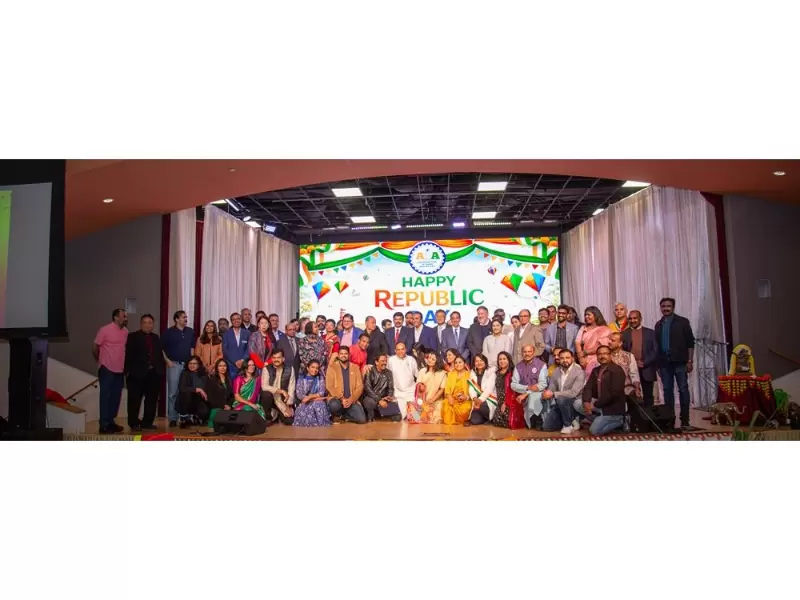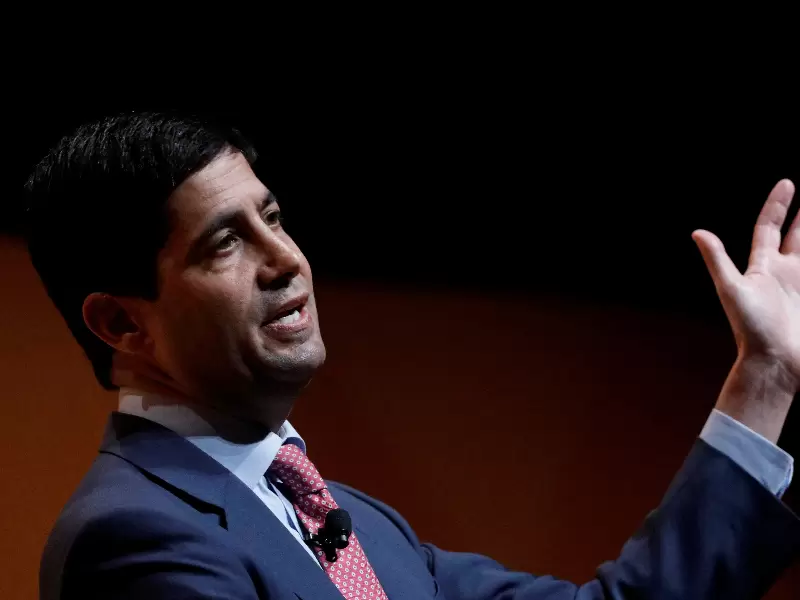Rep. Khanna accuses DOJ of "stonewalling" Epstein Files release
Khanna, a member of the House Committee on Oversight and Government Reform, said the DOJ delivered only a fraction of materials requested by the committee.
.png) Congressman Ro Khanna / File Photo
Congressman Ro Khanna / File Photo
Representative Ro Khanna (D-CA) accused the Department of Justice (DOJ) of withholding critical information on Jeffrey Epstein, calling for the immediate passage of the Epstein Files Transparency Act to mandate full disclosure.
Khanna, a member of the House Committee on Oversight and Government Reform, said the DOJ delivered only a fraction of the materials requested by the committee.
Also Read: Ghislaine Maxwell told DOJ she is unaware of any Epstein 'client list'
“Only 3 percent of the documents given to the Oversight Committee are new. The rest are already in the public domain. Less than 1% of files have been released. DOJ is stonewalling,” Khanna said in a statement. “The survivors deserve justice and the public deserves transparency. Congress must pass my bill with Rep. Thomas Massie, the Epstein Files Transparency Act, to force the full release of the Epstein files with redactions to protect the victims.”
Representative Suhas Subramanyam (D-VA) also criticized the DOJ’s handling of the disclosures. In a statement on X, he wrote, “Don’t let the selective ‘release’ of certain Epstein files fool you—this Administration is not releasing the full, unredacted files like they promised, and as usual House Republicans aren’t holding them accountable.”
Don’t let the selective “release” of certain Epstein files fool you—this Administration is not releasing the full, unredacted files like they promised, and as usual House Republicans aren’t holding them accountable. @OversightDems will continue to provide real oversight. pic.twitter.com/meSXLDnAyQ
— Rep. Suhas Subramanyam (VA-10) (@RepSuhas) August 23, 2025
The Epstein Files Transparency Act, co-sponsored by Khanna and Rep. Thomas Massie (R-KY), would require the DOJ to publish all unclassified records and investigative materials related to Epstein, Ghislaine Maxwell, their associates, and linked entities within 30 days of enactment. Covered categories include flight logs, immunity deals, non-prosecution agreements, internal DOJ communications, and documentation of Epstein’s detention and death.
The bill explicitly prohibits withholding records on the basis of “embarrassment, reputational harm, or political sensitivity,” including in cases involving government officials or public figures. Permitted redactions would be narrowly limited to protecting victims’ identities, shielding active investigations, removing classified national security information, or excluding child sexual abuse materials.
Each redaction would require a written justification published in the Federal Register and submitted to Congress. The legislation also directs the Attorney General to report to the House and Senate Judiciary Committees on all records disclosed, those withheld, the basis for redactions, and an unredacted list of government officials and politically exposed persons named in the files.
The initial batch of documents released by DOJ, estimated at about 33,000 pages, contained heavily redacted material, including previously available footage from the night of Epstein’s jail death, court filings, and internal DOJ communications. Democrats argue the release falls far short of what is needed, while Republicans generally defend it as a cautious but necessary step.
Khanna has also requested access to Epstein’s so-called “birthday book,” believed to contain notes from influential figures, though it has not yet been subpoenaed. A federal judge recently rejected a DOJ effort to selectively release grand jury transcripts, further fueling demands for wider transparency.
Khanna and Massie will hold a press conference on Sept. 3 at the House Triangle, joined by survivors of Epstein and Maxwell’s abuse and their attorneys Brad Edwards and Brittany Henderson. Several survivors are expected to speak publicly for the first time.
ADVERTISEMENT
ADVERTISEMENT
E Paper
Video




 Malvika Choudhary
Malvika Choudhary













Comments
Start the conversation
Become a member of New India Abroad to start commenting.
Sign Up Now
Already have an account? Login